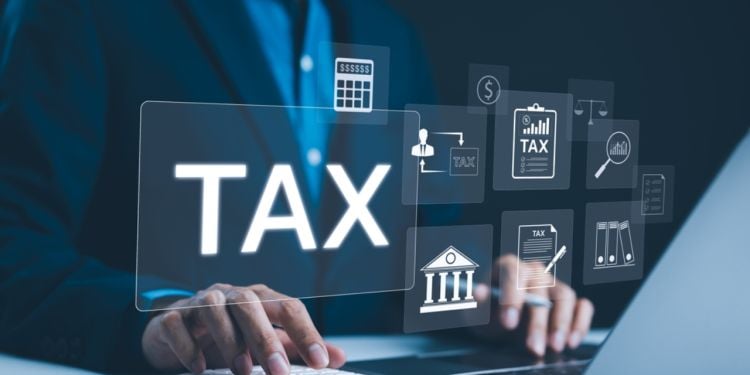
Denmark is renowned for its high standard of living and prosperous economy. However, the good social welfare system comes at the cost of high tax rates imposed by the Danish tax administration, known as SKAT. Taxes are paid by almost everyone, including those who receive state benefits and pensions.
Expats do not need to feel intimidated by the high tax rates in Denmark; after all, paying taxes in Denmark covers other expensive fees such as schooling, healthcare, and subsidised childcare. Even services such as learning Danish are free of charge at some institutions.
Do you have a specific question? Ask on the Expat.com tax system forum.
Tax types and rates in Denmark
Denmark uses a progressive tax system: the higher your income, the more tax is payable. There are two types of taxes in Denmark: direct and indirect. Updated tax rates for individuals and businesses are available directly on the SKAT website.
Direct taxes
These are payable to SKAT by individuals based on their personal situation. Direct taxes include income tax, property tax, state and municipal imposed taxes, and labour market contributions.
Indirect taxes
These are taxes applicable to everyone and include things like customs duties, value-added tax (VAT is 25% in Denmark), and green taxes imposed on oil, electricity, waste, etc.
Registering for a tax card in Denmark
Any expat working in Denmark must register for tax and obtain a tax card. Your personal tax card will show the amount that you need to pay according to your salary. Students and young workers with smaller incomes can apply for a tax exemption card.
Foreigners can apply for a tax card in different ways:
- Online at the SKAT website (can only be done within 60 days or less before you start working)
- Visit the International Citizen Service
Here are the documents that must be submitted along with the application for a tax card:
- A valid signed employment contract
- A valid passport or national ID card (front and back of the card must be clearly shown in pictures if submitted online)
- Danish residence and work permit for non-EU/EEA and Swiss citizens
- Marriage certificate if applicable
Filing tax returns in Denmark
The Danish tax year is from January 1st to December 31st. Tax assessment notices are sent out by SKAT in March and April. Adjustments can be made by taxpayers online via the e-filing portal. Accounts for outstanding taxes must be settled by July 1st; tax refunds are paid to your NemKonto from April onwards.
E-filing (TastSelv) in Denmark
Expats with a tax card and a NemID can make use of the Danish e-filing services available on the TastSelv website. The website can be used to change preliminary income assessments, download tax assessment notices, and pay outstanding taxes. The service can even be accessed from abroad.
Since the e-filing service is only available in Danish, use the SKAT guide on e-tax to assist you.
Good to know:
SKAT is available to assist with all queries. Visit the SKAT website contact section for assistance and contact information.
We do our best to provide accurate and up to date information. However, if you have noticed any inaccuracies in this article, please let us know in the comments section below.







Comments